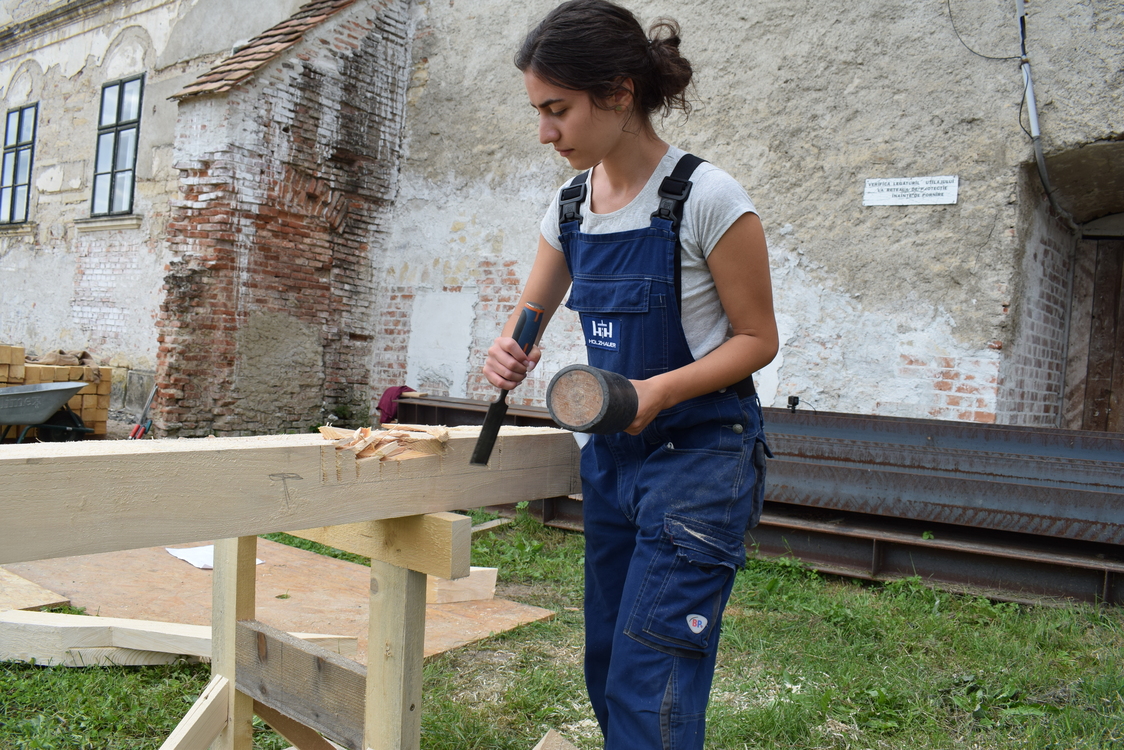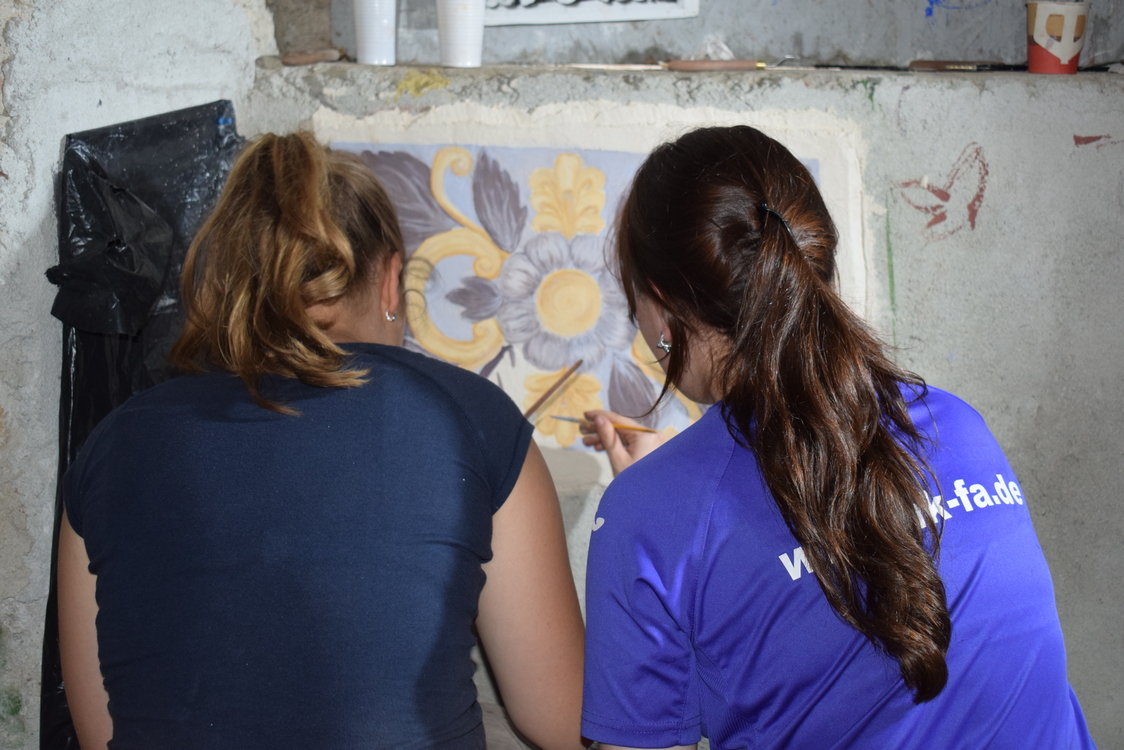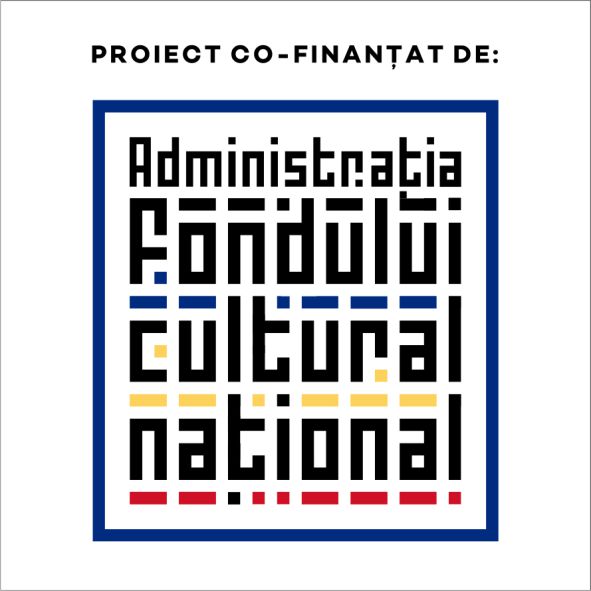Traditional Craft Workshops: Historic Building Conservation Training Programme
Transylvania Trust’s main goal is the preservation, care and conservation of Transylvania’s rich architectural heritage. Every summer for the past 22 years, the Trust has organised built heritage conservation camps, as well as research and creative workshops to promote the cultural tangible and intangible heritage of the region and to draw attention to Transylvania’s cultural and ethnic diversity. In recognition of their educational activities, in 2008 they received the Europa Nostra Award, the most prestigious European heritage conservation award, as well as the Romanian Cultural Fund Award in 2020.
The aim of the “Traditional Craft Workshops: Historic Building Conservation Training Programme” project is the preservation and utilisation of intangible heritage through training in traditional craft techniques and methods. By developing practical skills, the project not only emphasises the importance of built heritage but also supports the preservation of traditional craftsmanship.
During the training sessions, participants acquire theoretical knowledge and practical skills related to the protection of historical environments, the compatibility of various materials and methods and historic building conservation. The theoretical lectures are delivered by renowned experts and representatives of universities from Romania and abroad. Practical training takes place in workshops for vault restoration, masonry, decorative plaster, carpentry, traditional joinery and furniture restoration, where students actively participate in the conservation works of the castle.
As a result of the programme, three videos will be created, serving as supplementary materials for professionals working in the fields of masonry, joinery, and decorative plaster. In these videos, experts with decades of experience present mortar recipes used for various rendering and plastering techniques, the preparation phases of historical surfaces for masonry work and the wooden joints used in traditional joinery.


Sponsor: The Administration of the National Cultural Fund (AFCN)

“The project does not necessarily represent the position of the National Cultural Fund Administration. AFCN is not responsible for the content of the project or how the results of the project may be used. These are entirely the responsibility of the beneficiary of the funding.”
